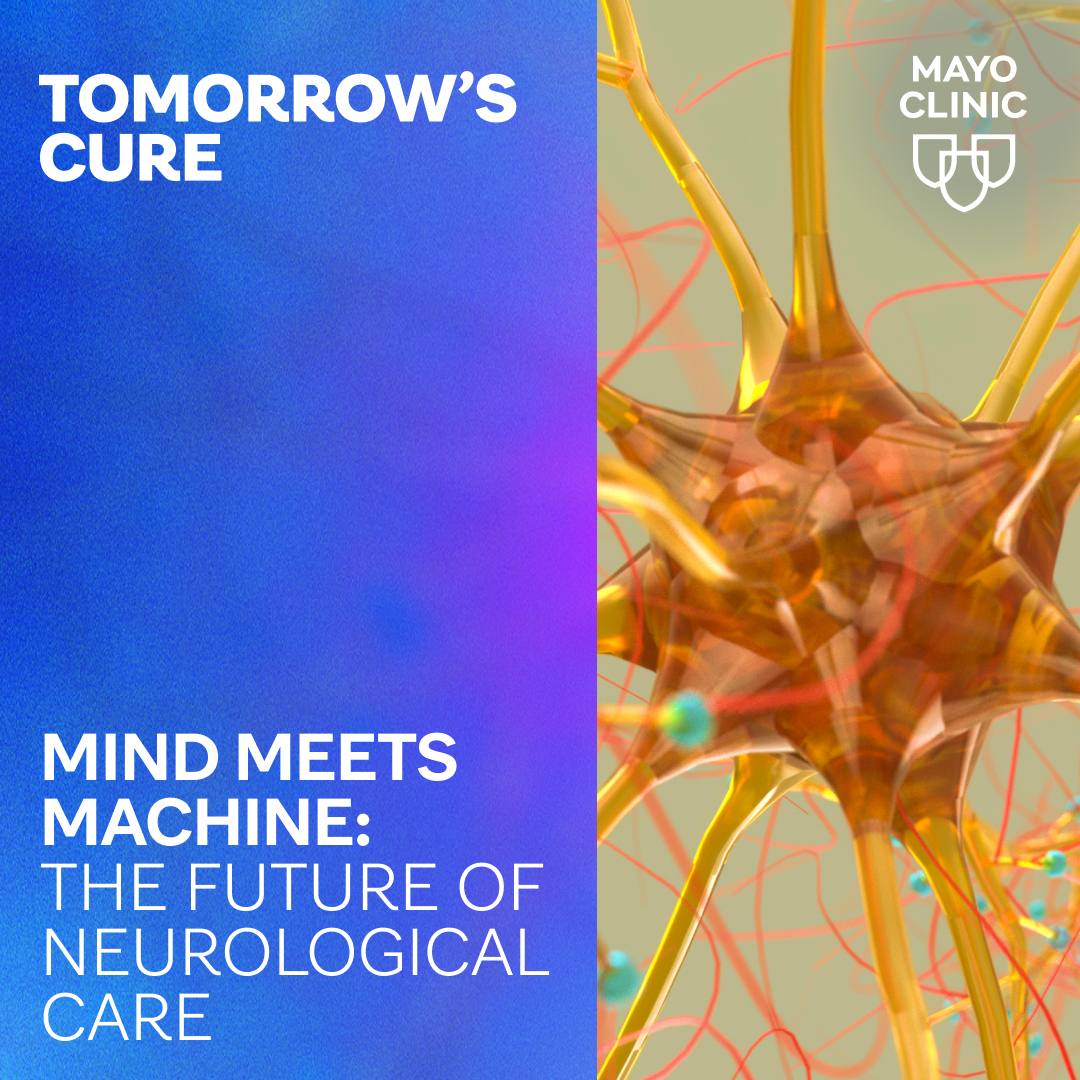-
Mayo Clinic Q and A: How could my penicillin allergy go away?
 DEAR MAYO CLINIC: I always thought I was allergic to the antibiotic penicillin, but my doctor did an allergy test, and it turns out I’m not. How is that possible?
DEAR MAYO CLINIC: I always thought I was allergic to the antibiotic penicillin, but my doctor did an allergy test, and it turns out I’m not. How is that possible?
ANSWER: An estimated 10 percent of people have been diagnosed as having an allergy to penicillin. Having a penicillin allergy on your health record is taken seriously because the allergic reaction sometimes can be quite harmful or even life-threatening.
However, studies using skin testing for penicillin allergy have found that about 90 percent of those with penicillin allergy on their health records are not allergic to penicillin. In other words, about 1 percent of the population is allergic — not 10 percent.
It’s possible that an original allergy diagnosis was a side effect unrelated to allergy, such as having an upset stomach or diarrhea, or coincidental, such as a timely rash. Allergic reactions to penicillin also can go away with time. It’s estimated that only about 20 percent of people with penicillin allergies still will have them after 10 years if no further penicillin is taken during that time.
Penicillin-based drugs, which are prescribed commonly, are an important class of antibiotic. If a penicillin-related drug, such as amoxicillin, amoxicillin with clavulanate (Augmentin) or piperacillin with tazobactam (Zosyn), is a good option for your circumstances but you have been diagnosed with an allergy in the past, your health care provider may recommend skin testing. This involves a skin prick and injection of small amounts of various penicillin preparations. If an itchy, red bump occurs, it indicates that you likely have an allergy.
If you have a positive allergy skin test to penicillin, a desensitization process may be considered if there’s a strong reason to use penicillin for your circumstances. Desensitization involves giving you a small dose of a penicillin drug, then gradually increasing that dose in a controlled, gradual way until you can tolerate a full dose. Desensitization is performed in a medically supervised setting. If a penicillin-related drug isn’t necessary, an alternative can be used. (adapted from Mayo Clinic Health Letter) — Dr. Matthew Rank, Allergy and Immunology, Mayo Clinic, Scottsdale, Arizona







